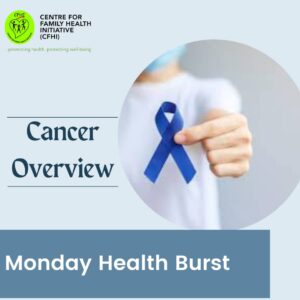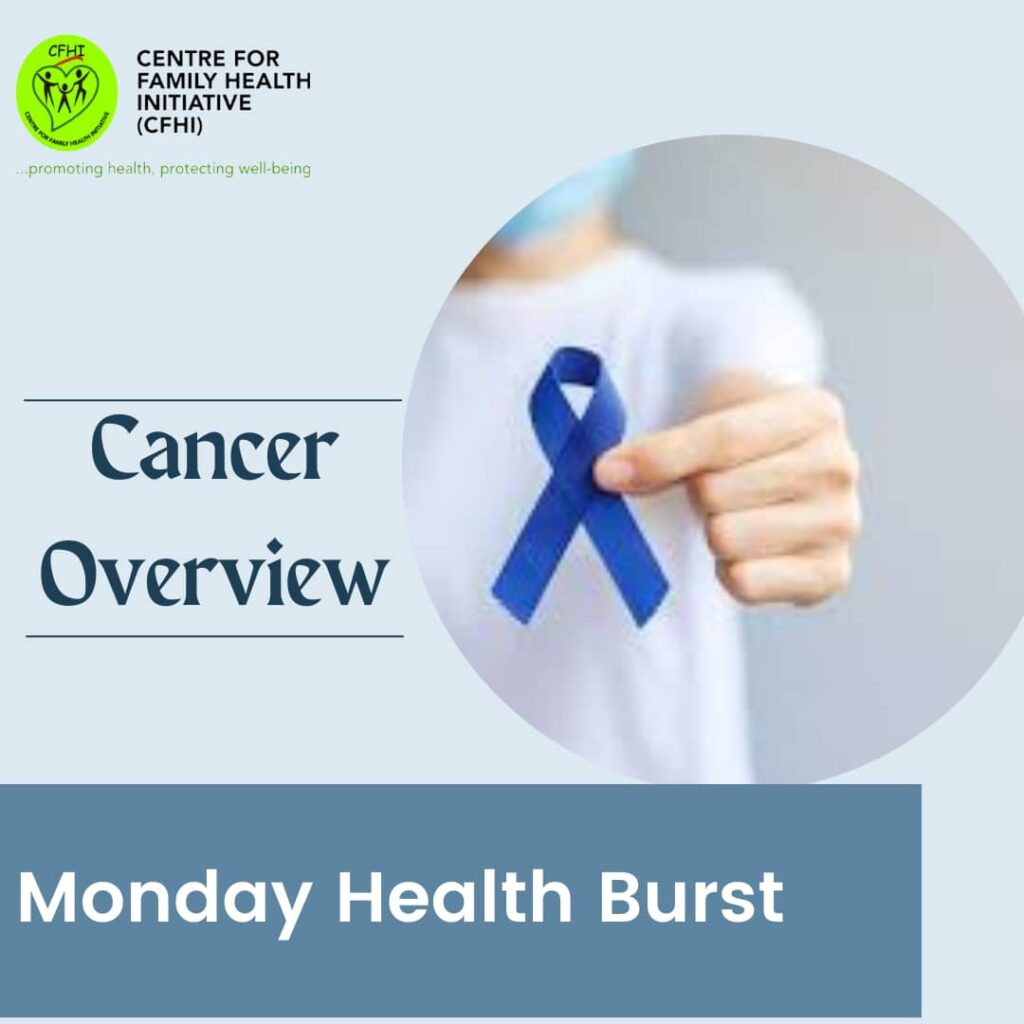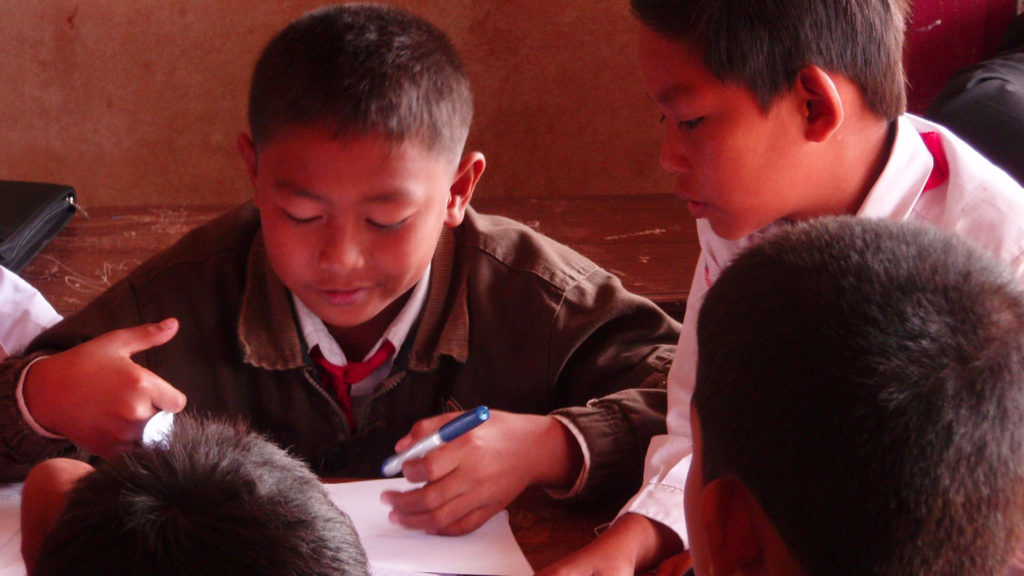According to Global Cancer Observatory, Nigeria had a record of 124, 815 new cases of cancer and 78,899 number of deaths associated with cancer in 2020.
Cancer is a hereditary disease, which means that genetic abnormalities that affect how our cells function—particularly how they grow and divide cause the cancer.
Cancer-causing genetic alterations may occur because of mistakes that happen during cell division, environmental toxins including cigarette smoke’s compounds and the sun’s Ultraviolet radiation that destroy DNA. (National Cancer Institute).
Cells multiply erratically as a result of cancer. Tumors, immune system deterioration, and other potentially lethal conditions might result from this.
There are numerous causes of cancer, some of which can be avoided.
Risk factors for cancer, in addition to smoking, include:
* Excessive alcohol use
* Additional body weight
* Inactivity and poor nutrition
Other cancer-causing factors cannot be avoided. Age is currently the most important unavoidable risk factor.
There are about 100 types of cancer according to National Cancer Institute;
* Lung Cancer
* Breast Cancer
* Bladder Cancer
* Colon and Rectal Cancer
* Endometrial Cancer
* Prostate Cancer
* Kidney Cancer
* Liver Cancer etc.
In 2020, according to the World Health Organization (WHO), breast and cervical cancers were responsible for most cancer-related deaths in Nigeria.
Treatment for cancer can be inform of Chemotherapy, radiation, immunotherapy, stem cell transplant, and surgery. Regular screenings are recommended for early detection.
In line with this year’s theme “Close the Care Gap”, CFHI recommends that all relevant stakeholders should address the barriers to Cancer diagnosis and treatment in Nigeria.
#MondayHealthBurst #CancerOverview #CloseTheCareGap #WorldCancerDay



